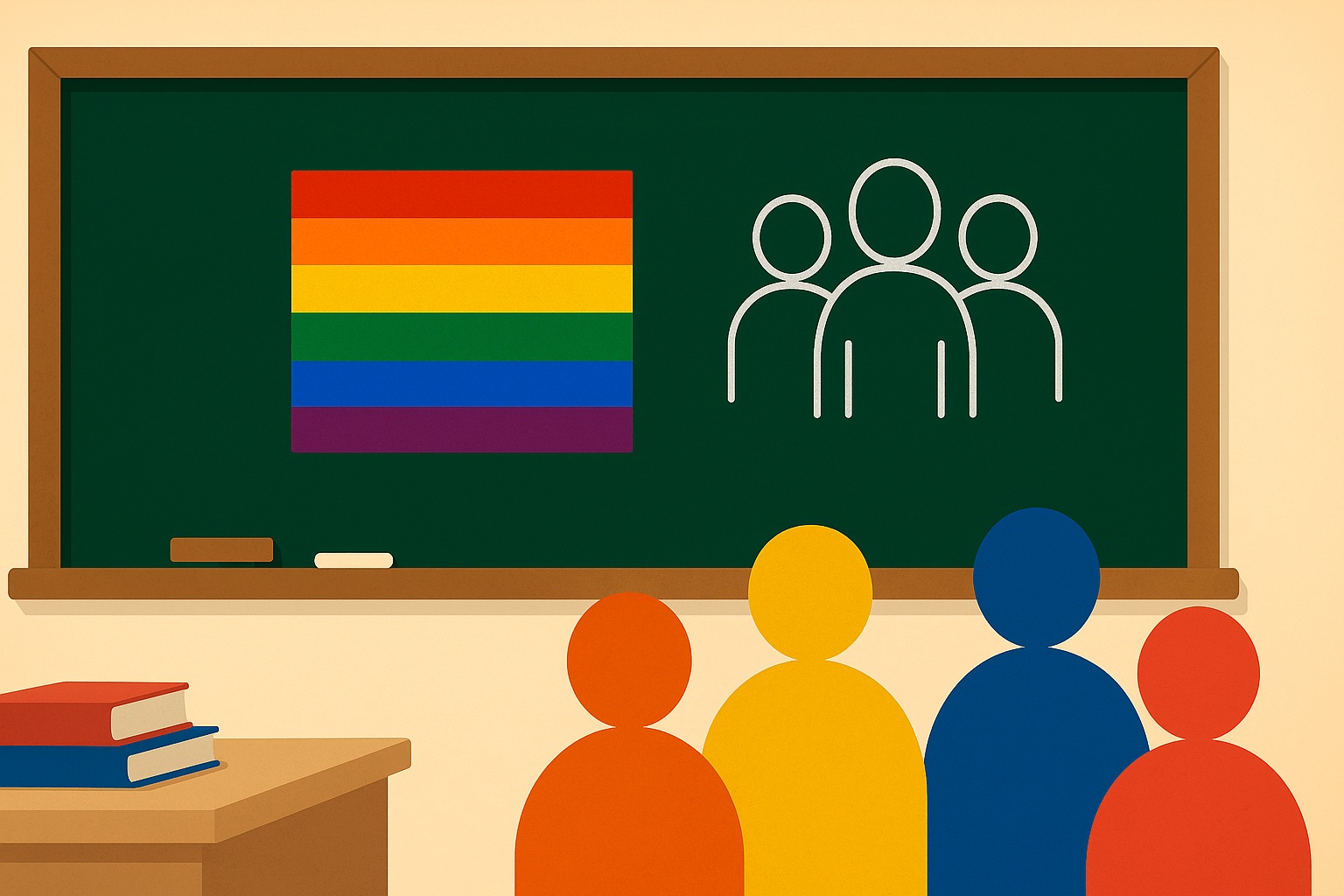Overview
The issue of LGBT equality and education policy became the focus of public debate in 2011 in Burnaby, British Columbia, Canada. The Burnaby School District proposed a new policy aimed at promoting tolerance and addressing homophobia within its public schools.
The proposal, known as Draft Policy 5.45, sought to create safer and more inclusive learning environments for students of all backgrounds. The discussion reflected ongoing challenges in balancing educational inclusivity with community perspectives on social and moral issues.
Policy Opposition
A parent group called The Parents’ Voice organized rallies opposing the proposed policy. They argued that the Board of Education had prioritized political interests over student needs.
According to their public statement, health professionals and religious leaders were excluded from the advisory committee that created the policy, which they claimed consisted mainly of LGBTQ advocates and supporters.
The group also stated that the policy promoted discrimination against individuals with differing beliefs about sexuality and gender. They described the initiative as “mandatory re-education” and argued that it removed parents’ ability to exempt their children from related curriculum material.
Context and Clarification
Draft Policy 5.45 focused on addressing homophobia and heterosexism in schools through inclusive teaching and preventive education. The intent was to provide a safe learning environment for all students.
Supporters viewed the policy as a proactive measure to reduce bullying and promote equality. They emphasized that parental choice remained available through private education or district transfers.
Community Discussion
Flyers circulated among residents claimed that the new policy displaced discrimination by labeling traditional beliefs about marriage as harmful. Some parents feared the policy could create divisions within families.
These concerns represented a broader national conversation about how public education systems teach respect for diversity while recognizing differences in faith and cultural traditions.
Research Findings
Research conducted by the Burnaby School District over ten months revealed that LGBTQ youth faced disproportionate risks compared to heterosexual students. The findings showed that:
- LGBTQ students experienced higher rates of abuse, harassment, and discrimination.
- Many reported emotional stress, suicidal thoughts, and lower connection to families and schools.
- Derogatory language, often referred to as “fag talk,” occurred frequently, with limited teacher intervention.
- Three-quarters of LGBTQ students and 95% of transgender students felt unsafe at school.
- Most students heard slurs such as “that’s so gay” or “queer” daily.
- Many LGBTQ and transgender students missed school because they feared for their safety.
Researchers concluded that homophobia and transphobia harmed all members of the school community by undermining the learning environment.
They found that LGBTQ visibility, inclusive representation in curriculum, and acknowledgment of diverse family structures helped improve student well-being and academic engagement.
Educational Impact
The Burnaby policy debate demonstrated how schools attempt to balance inclusivity, community values, and student safety. Draft Policy 5.45 reflected a growing effort within Canada’s education system to promote equality and protect students from harassment based on sexual orientation or gender identity.
The discussion contributed to a wider understanding of the role that public education plays in supporting tolerance and diversity.
